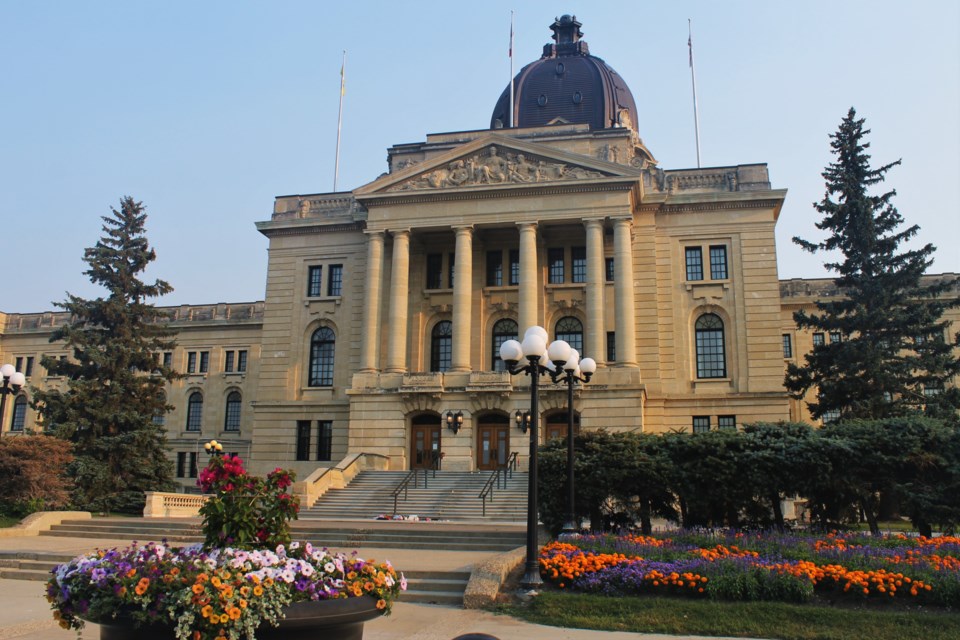SASKATCHEWAN — As the Government of Saskatchewan reconvened the Legislate Assembly early on with plans to use the notwithstanding clause to pass legislation enshrining their recent parental inclusion policy into law, some are questioning what even is the notwithstanding clause and how can it be used to take away your rights?
Section 33 of the Canadian Charter of Rights and Freedoms allows federal, provincial or territorial governments the ability to pass a law overriding certain sections of the charter for up to five years.
These include fundamental freedoms like:
- freedom of conscience and religion;
- freedom of thought, belief, opinion and expression, including freedom of the press and other media of communication;
- freedom of peaceful assembly, and
- freedom of association.
Even legal or equality rights, such as the right to life, liberty and security of the person, freedom from detention or unreasonable search or seizure, or protection from discrimination on the grounds of race, national or ethnic origin, colour, religion, sex, age or mental or physical disability, can be overridden by the notwithstanding clause.
Despite an intense battle, the Charter was signed into law in 1982 with the provision that the notwithstanding clause allows governments could have the final say on important matters rather than the court system, refusing to sign away too much power outside of their respective Legislative Assembly's
The clause has been used twice in Saskatchewan's history — once by Grant Devine's Progressive Conservative government in the 1980s, and most recently by Brad Wall's Sask Party in 2017 when the clause was invoked to 'protect parental rights.'
In comments made to the media in North Battleford on Sept. 28, Premier Moe said he was fully committed to its use and that it was their right as noted in the charter.
"It's one of the tools that is available to us, and it's a tool that we're going to utilize in ensuring that the parental bill of rights will pass and will be the law in Saskatchewan," Moe said.
And due to its controversial nature, and the five-year expiry date of its use included in the charter, a government is often required to defend its use before or during an election — as the Quebec government did after using the clause to pass their religious symbols ban, and when the Ontario government used it to keep education workers from striking.
The next Saskatchewan Election is slated for October 2024.




